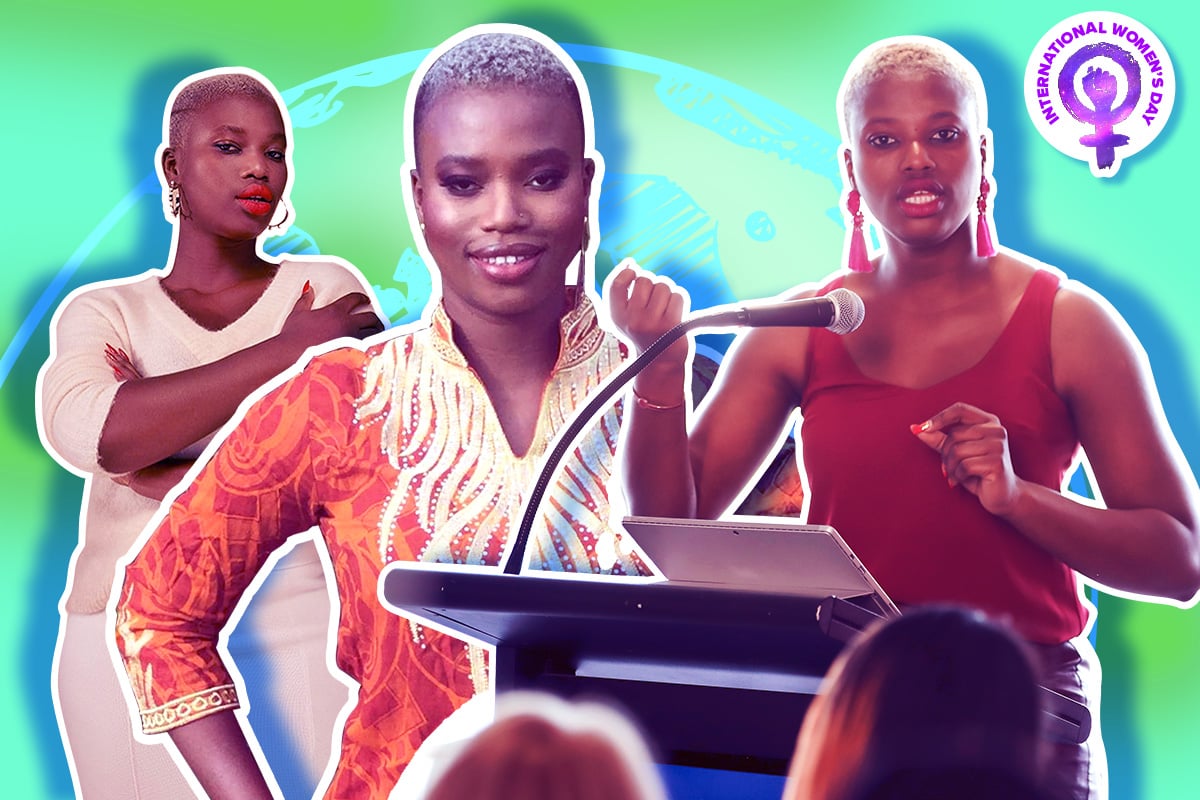
At Mamamia, every day is International Women’s Day. But this year, we’re celebrating March 8 by sharing stories from some of Australia’s most influential women, as well as columns from voices spanning 5 generations, on the decade-defining conversations women are having. You can find all our International Women’s Day stories on our hub page.
This post deals with domestic violence and might be triggering for some readers.
I’ve spent much of my life being caught between two cultures.
When my family came to Australia from Sierra Leone via Gambia when I was 13 years old, I had to find myself in a new context.
WATCH: Explaining consent with dinner. Post continues below.
I tried desperately to live up to the way my family thought I should behave, think and act. I also had to deal with the racism and ignorance that was a part of my new world.
In ‘white’ Australia, I was too black. But my community thought I wasn’t black enough and that I needed to know my place.
I was too loud, outspoken and empowered to be a ‘good, agreeable’ African woman, and yet backwards stereotypes about violence and lawlessness dissed my culture.

